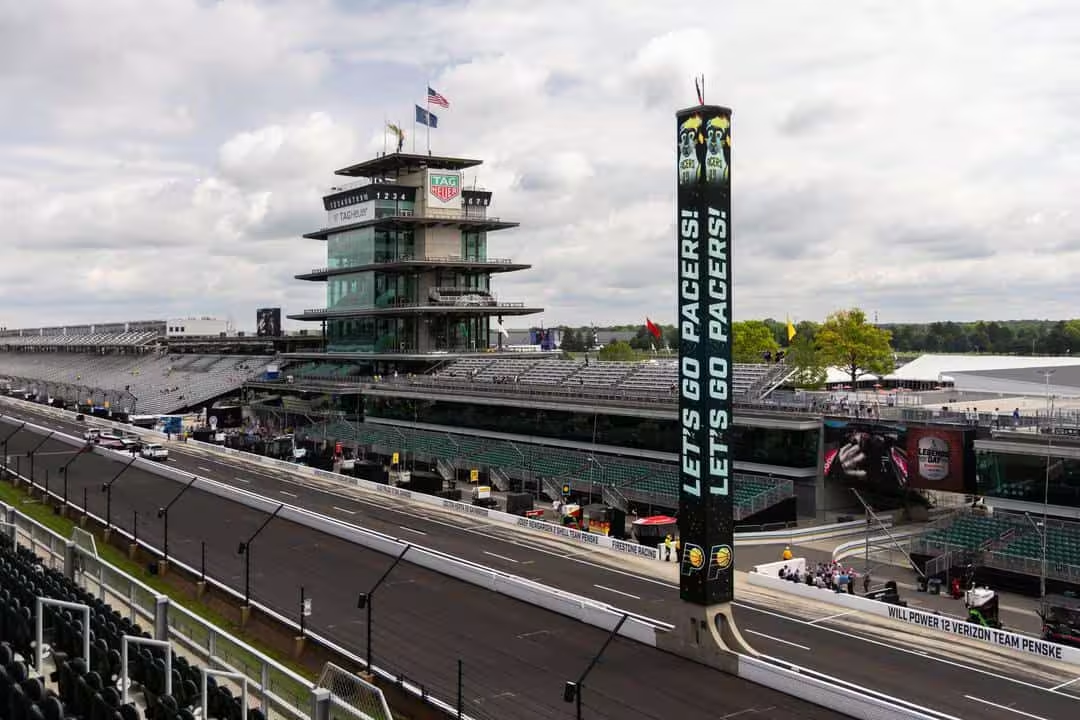When IndyCar announced that their “charter” program would be ready for the 2025 season, one team ended up on the outside looking in.
PREMA Racing announced its intention to compete in 2025 months ago, but was not allowed into the initial assignment of “charters”.
The team may still buy their way in by going to one of the 10 teams that were assigned “charters”. But unless Dale Coyne Racing chooses to sell, it seems very unlikely they will be able to secure one, let alone two.
I’ve been using the term “charters” in quotation marks because the reality is that they are not the NASCAR-esque charters one thinks of. PREMA will still be able to compete, and may even post a profit on the year.
But they won’t be eligible for the Leaders Circle program, which will cost the team at least a million dollars per car if they would otherwise qualify for it. They will also be liable to being knocked out of the field. There are no car limits per team in IndyCar, so a team like Chip Ganassi Racing could very well enter a one-off car and knock them out of any given race.
Why would IndyCar do this? Doesn’t it run counter to the idea of expanding and growing the series? Well, I believe there are three basic reasons behind this, past the obvious of PREMA being a brand new team. Two of them are obvious, the third is more of a conspiracy theory on my part, but hear me out.
The first reason is fairly academic. A few of the tracks IndyCar uses only have room for 27 pit stalls. Providing 27 charters would mean that those races are effectively closed to competition.
Never mind that the chances of increased participation in the series is extremely unlikely outside of the Indy 500 as it stands, but it’s a reason.
The second reason is economics. When NASCAR created its charter system, it provided two charters to a team that was shutting down regardless, Michael Waltrip Racing.
Joe Gibbs Racing and Stewart-Haas Racing were assigned three charters for their four charter teams, meaning they had to buy the MWR charters. Wood Brothers Racing was returning to full-time competition the very same year charters were introduced. They were denied one due to not meeting the criteria NASCAR used to determine charter assignment.
So, the No. 21 Ford had to spend a year racing without a charter. Reigning Cup champion Ryan Blaney spent his rookie season in the series having to qualify every weekend.
Creating a line between haves…
Click Here to Read the Full Original Article at …

